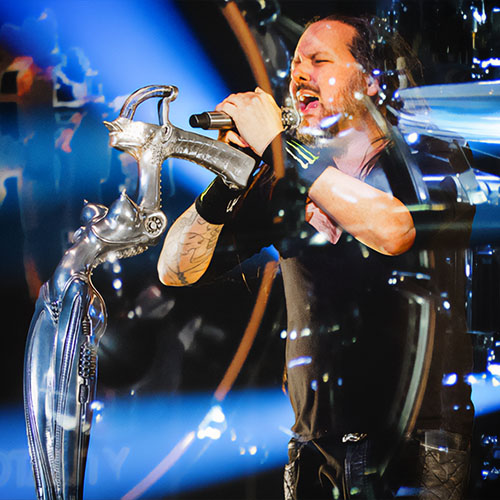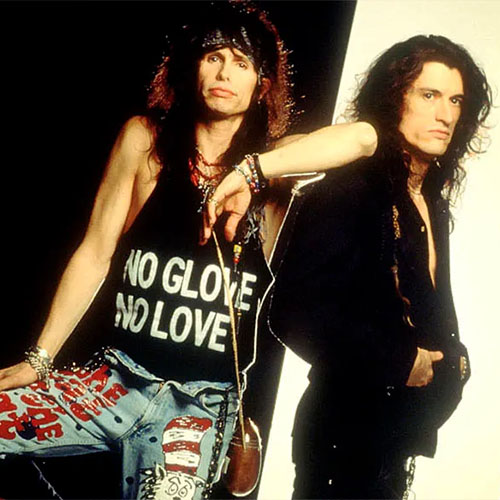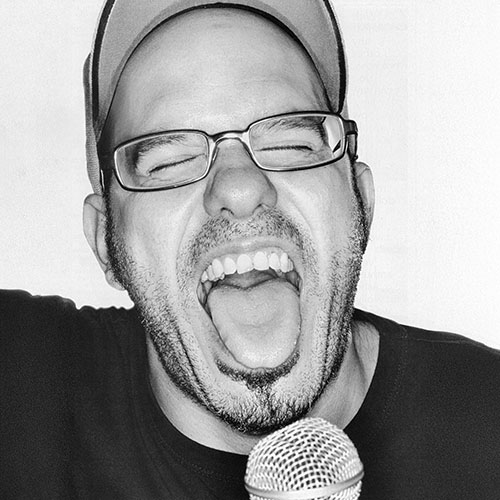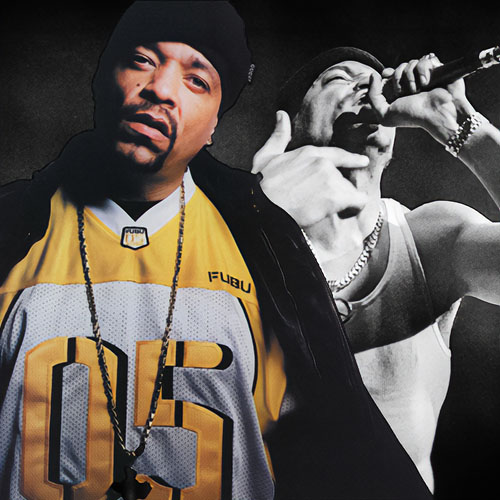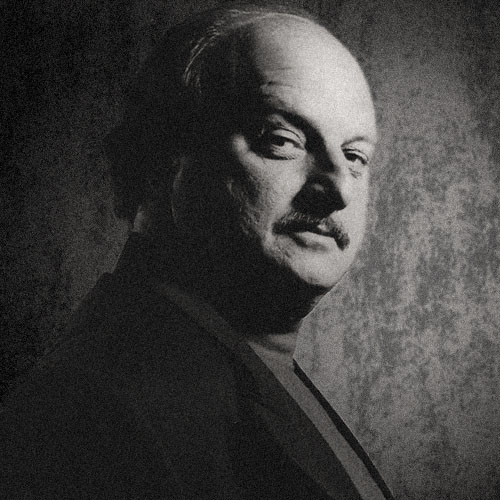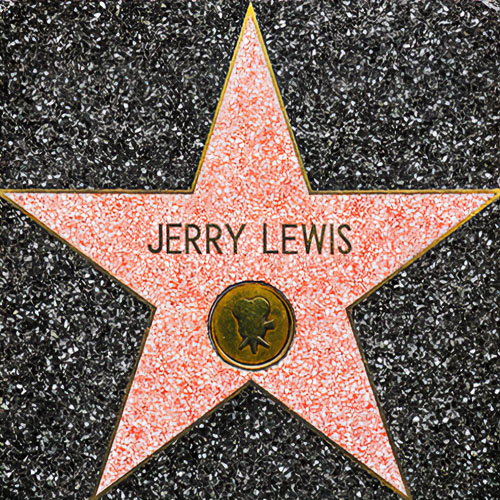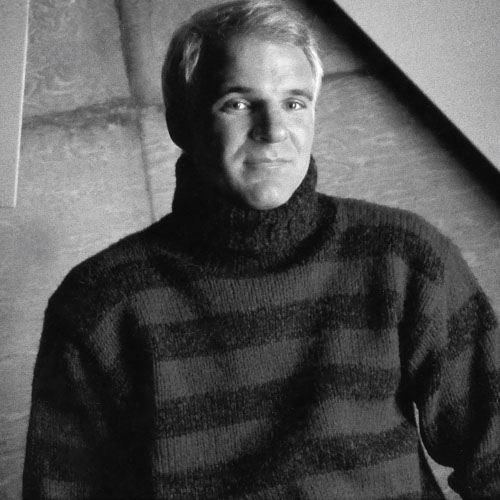Morgan Freeman, one of the rare performers who takes acting to artistic heights, has been a star for more than three decades in an industry where being older and/or African-American can be a career killer.
A Man for All Seasons
The 73-year-old has played the president of the United States; the head of the CIA; a street pimp; a crime boss named simply the Boss; a boxing trainer; the driver of Miss Daisy; a bald New York judge; the prison inmate you would most want on your side; a Civil War soldier; a sophisticated detective; Malcolm X, Frederick Douglass, and Nelson Mandela; and, oh yeah, God. He debuted on Broadway in Hello, Dolly! with Pearl Bailey and Cab Calloway, and spent several years on The Electric Company as, among other characters, Easy Reader, Mad Scientist, Count Dracula, and Mel Mounds. He’s earned five Academy Award nominations and won Best Actor in a Supporting Role for Million Dollar Baby. His deep and reassuring speaking voice has enhanced TV specials on subjects from the Civil War, slavery, and blues music to film and Clint Eastwood; and provided the narration for a variety of projects, from such documentaries as the award-winning March of the Penguins and Magnificent Desolation: Walking on the Moon and a TV production of A Raisin in the Sun to several of the movies in which he’s starred. He’s even discussed sex with Clint Eastwood while riding horseback in the Old West, and helped Batman develop the cool gadgets and gear that allow the masked vigilante to kick criminal ass. The Mississippi native truly is a man for all seasons.
What made you decide to do your new action film, Red, with Bruce Willis?
It was pretty much the same thing that attracts me to almost anything I do: I needed a job [laughs]. Put that up there in the first column… I really admire Bruce Willis. He’s got a good track record and has done some very interesting films. He’s also fun to work with. We have the same kind of attitude on the set, which is, everything is on the surface and it’s just a movie. Bruce is very professional, but he doesn’t have the attitude that what he does is holy. You do your work, then they say “Cut,” then you talk about something else, like baseball. Bruce doesn’t hit his head between takes trying to stay in character or in the moment.
When Clint Eastwood first met with you about costarring in Unforgiven, what do you think he really wanted to know about you?
I don’t know if he wanted to know anything because he didn’t meet with me. I was in Africa when I got a phone call from my agent telling me Clint wanted me to be in this western. When we were making Robin Hood: Prince of Thieves, Kevin Costner told me about this script that Clint owned which had a role I should campaign for. Clint later sent me the script, but I didn’t meet him until I got to Calgary.
You’ve been directed by Eastwood in three films. How has your personal and professional relationship changed?
It’s just gotten deeper. I’ve been a big fan of his since he starred in the Sergio Leone-directed [Man With No Name] trilogy, which they shot in Italy. Watching Clint progress as an actor/director in his career, starting with his amazing work in both areas in Play Misty for Me, I got an entirely different feeling as to who he was as an actor. He was not invincible at all, but ready to show a lot of vulnerability. In all the films he’s done, particularly as a director, there’s always been something special that’s gotten my attention.
Has there been a film in recent years that you wished you were offered?
I wish I was offered almost everything I’ve seen Denzel Washington in [laughs]. That’s a good answer. That’s probably the answer.
Have you ever turned down a film that you knew would be successful because you suspected you weren’t right for it?
There was only one film — Bopha — which I would have been right for, but I decided against it because I was directing the picture. I just didn’t see myself in that role, but I could clearly see Danny Glover. I have not had the misfortune of turning something down that I knew would be a hit. There aren’t any roles I’d turn down except roles of religious posturing of any kind. And I don’t care if they’re in a film that could be a big hit, because I would still turn them down.
Why didn’t you ever direct a film again?
Directing has three parts: preproduction and production, which are great fun for me, and post-production, which I find boring because you’re only approving the work of an editor or a sound person. Also, I’m not very interested in ADR [automated dialog replacement], which is basically looping. Some actors are very good at it and some actors really suck at it… [and] I find it hard to imagine that you can’t reproduce your own rhythm or voice. I found that I’m basically lazy. I love acting, but it doesn’t take that long. If I’m lucky I can do four movies a year as an actor, but only one as a director.
Why haven’t you played more villains?
Once I did Glory and Driving Miss Daisy, I think my slot was set. Paramount Pictures reshot the endings of Deep Impact and Hard Rain because the test audiences didn’t like the fact that I died. I love being cast against type, but audiences seem to trust me when I’m on-screen, which makes producers reluctant to mess with that faith by casting me as a bad guy.
Most actors work from the inside out or vice versa in finding a character. What was your creative process in playing God?
Good question. God is not something you’ve got to look for. My belief in God is total. I’m God. [Looking amused] You look disappointed that I didn’t go for the laugh here.
If you were an aspiring actor, would you be disappointed if you lost a role to an inexperienced rapper because the film studio thought the rapper had an audience that would buy tickets to see him on the big screen?
Yes, I would, if I was any kind of actor. I understand it because I remember when Hollywood was hiring sports figures for acting roles because they assumed athletes had the celebrity to put people in the seats. Mind you, I don’t believe that stars make movies. I think that movies make stars. There’s a barrier actors have to cross before film studios think they’re able or bankable.
Se7en had you and Brad Pitt as detectives tracking a serial killer who specialized in gruesome murders. How did you relax or stay sane while working on this grim movie?
Actors sometimes have what is called the Othello Syndrome, which is where they get so caught up in their roles that they take the character offstage or home with them. I never do that because I don’t confuse movies with reality. I knew that, as distasteful as the murders were in Se7en, when the director said “Cut” the victims would get up, get cleaned up, and go about the rest of their day.
Bonfire of the Vanities was one of the most acclaimed books of its time. Brian De Palma directed Tom Hanks, Melanie Griffith, Bruce Willis, and you in the movie. So why was it one of the worst films ever?
I don’t think it’s that bad, but I never saw it. I read the book, which was excellent. It’s evil when you read a really great book and the filmmakers don’t seem to get it. That happened to me with another book I loved entitled The Power of One. After I read it I wanted to be in the movie and I was sorry I was.
Robert Sellers has written an excellent new book called Hollywood Hellraisers, which is about Marlon Brando, Warren Beatty, Dennis Hopper, and your Bucket List costar Jack Nicholson. Have you ever raised hell with Jack?
I don’t raise hell. That’s not my thing. I once went to a Lakers game with Jack, enjoyed his company, and when the game was over he took me home and he went home. I’m not really big on hanging out. I’m too old, been there, done that, and I was married most of my adult life.
At age 71 you became the object of stories in the tabloids. [Freeman crashed his car into a tree while driving with a female passenger who was not his wife. Despite their persistent claims that they were not romantically involved, the tabloids and gossip bloggers had a field day.] Does that amaze you, amuse you, or piss you off?
All three. I used to be amazed that they weren’t picking on me. I thought [with my success] I’d be singled out for some of this shit. When they did it, it was like jumping right into my family. It drove my friends crazy, so that pissed me off a lot. The rest is just nonsense. The question is, what do you do about it? The answer is to just let it die of its own weight.
How did your life change two years ago when you broke your arm and elbow in that crash?
I also fractured my shoulder blade. What happened was, I suffered nerve damage in the arm. The doctor said stretched nerves are the hardest to heal. If they had been severed, they’d grow back together in a much shorter time. The nerves grow back at a rate of one inch a month. Since I’ve got long arms, I’ve got another year for my nerves to reconnect. My life has changed because I’m basically one-handed. I can’t fly my plane, sail my boat, or play golf. Actually, I tried playing golf and discovered I’m just as good playing with one hand as I am playing with two.
When you were a struggling actor, what or who encouraged you not to give up?
Sidney Poitier’s career. The fact that he was there and giving memorable performances in popular movies that crossed racial lines was extremely encouraging to me. His career and how he’s handled himself as a trailblazer in civil rights is still an inspiration to me.
Did you encounter racism when you began making movies?
Racism is so cloaked sometimes that it’s hard to call it what it is. I had a period when things came to a halt for me, when I thought my career was starting to ramp up. For example, I was sent a script for a remake of the classic horror thriller The Thing. There were 11 roles, I think, and eight of them were written for white men, all of them scientists. I go for the interview and they ask me what I thought of the script. I told them I wondered why all the support-group characters, like the cook, were black, but none of the scientists were. I don’t know if it was racism or just neglect, but that’s what I mean about racism being cleverly cloaked.
Is racism being cloaked in our society today?
Absolutely. Look at what’s going on in politics right now. We have a black president, and there are people who are going butt-fuck over that fact. Former Vice President Dan Quayle’s son Ben, who’s running for Congress in Arizona, said Obama was the worst president we’ve ever had. This statement alone makes him the dumbest white person on the planet! That’s why we need broadcasters like Keith Olbermann to go after stupid politicians like Quayle when they play the race card to win votes.
You did the narration and were the costar of the popular prison drama The Shawshank Redemption. Did you see those as two different roles, perhaps the soul and the survivor respectively?
[Starts to answer, then pauses] You probably nailed it right there. I did the narration in an hour, then just concentrated on my acting. When I think back on the film, maybe you’re right. They do seem to be two different people in regards to their part in the picture.
What don’t you want to hear from a director?
“That’s very good. Let’s do it again.” If it’s very good, then why the hell do you want to do it again? I don’t like directors who keep shooting a scene because they don’t know what they’re doing and they don’t know when they’ve got it. Why don’t any of these film schools teach directors how to direct actors?
Do you think you’re getting better at your craft?
God, I’d like to think so [laughs]. If you’re not getting better, you’re standing still, which is even worse. I’d still like to do a romantic film and a western. When I first got on the stage I was eight years old, doing a school pageant entitled Little Boy Blue. I remember thinking back then, I belong here. I am an actor! Whenever times get tough, I recall that moment and then feel myself getting stronger, more confident, and thus, I guess, better at my craft.

















